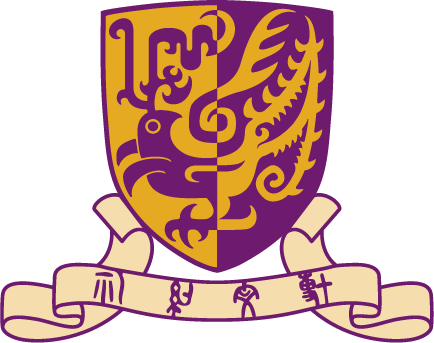|
The winning project of the CUHK team was named ‘Magnetosome Forming Azotobacter vinelandii’. The students devised a synthetic biology system to generate magnetosome, a kind of biological magnetic particles with hundred times surface-to-volume ratio than the current nanoparticles, inside a soil bacterium called Azotobacter vinelandii under an intracellular anaerobic condition. This innovative system can absorb metals in contaminated waters and soils, thus making it useful to tackle marine pollution problem or the lead contamination problem affecting Hong Kong recently. Potentially, it can also be used to extract any protein or enzyme, and therefore may find its applications in, for instance, food and pharmaceutical industries. With nitrogenase added, the system can also be used to improve the efficiency of biological fuel cells. This project has been supported by the UGC Teaching Development Grant.
Prof. Chan Ting-fung, one of the instructors of the team and associate professor of the School of Life Sciences, CUHK remarked, ‘The judging panel is especially delighted to see the CUHK team’s effort in making standard biobricks for magnetosome biosynthesis which has huge application potential, and their ingenious choice of using Azotobacter as the bacteria of choice, as the biogenesis of magnetosome requires an anaerobic condition, of which the bacterial cells can readily provide.’
For more information about the winning project, please click the link below:
http://2015.igem.org/Team:Hong_Kong-CUHK
About iGEM Competition
iGEM is an annual premier synthetic biology competition worldwide for high school, undergraduate and postgraduate students. It was established by the MIT in 2004 to foster students' learning in synthetic biology, promote collaboration among students and nurture biology talents. Participating teams are required to specify, design, build, and test simple biological systems made from standard, interchangeable biological parts. The accomplishments of these student teams often lead to important advances or provide solutions to tackle real-world problems in medicine, food and nutrition, energy, and the environment. For more information, please visit http://www.igem.org.
|
 |
 |
 |
||
 |
 |
 |



